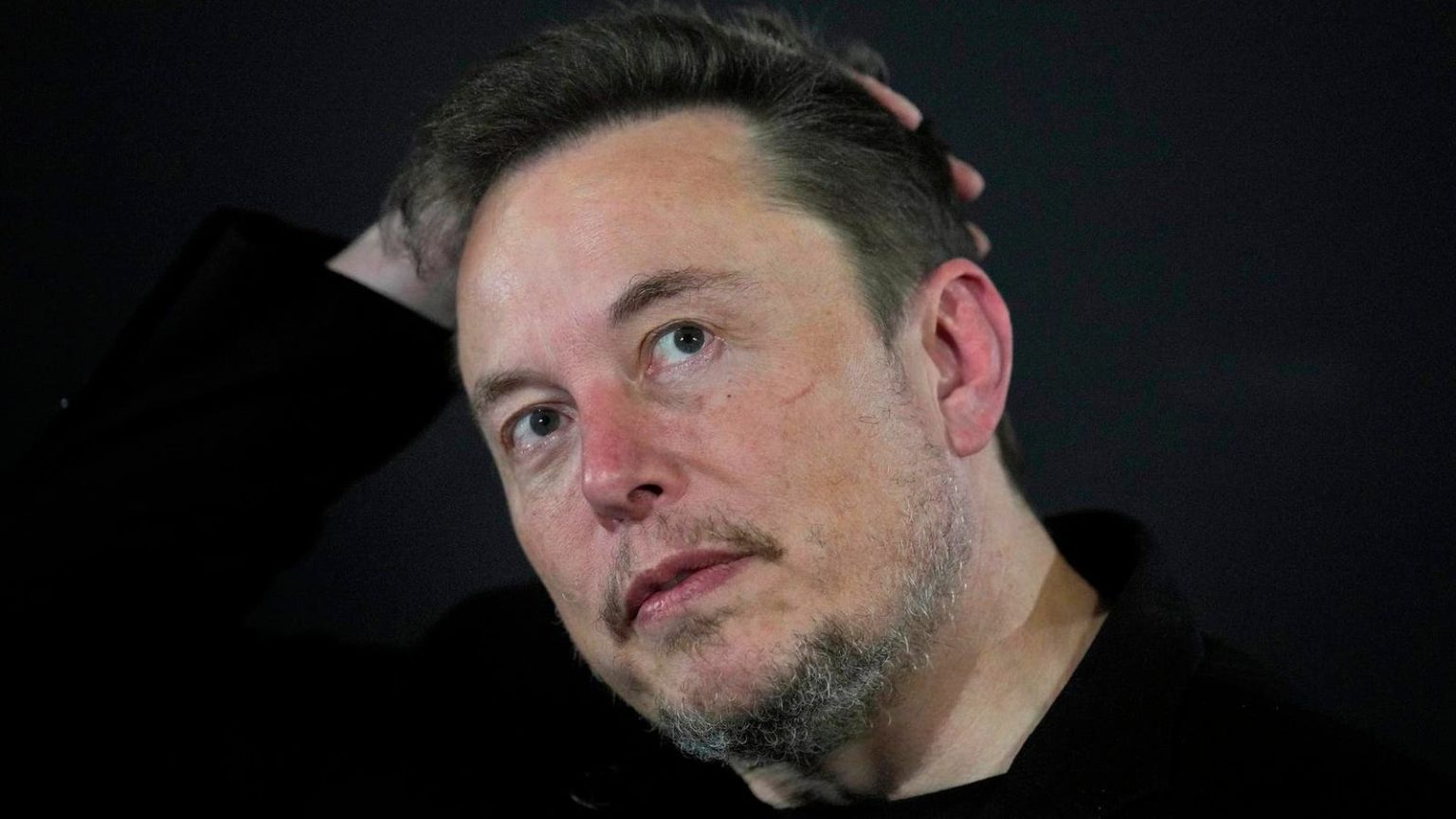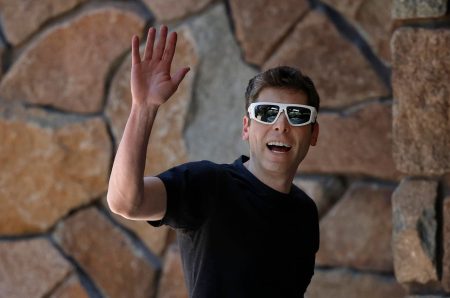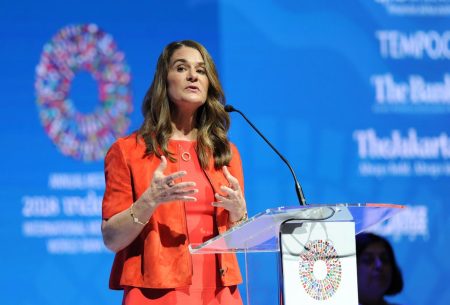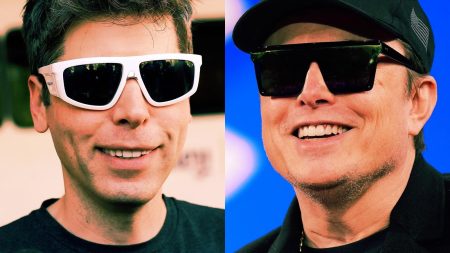Elon Musk faced a fact-check on his own social media platform, X, after criticizing Apple for planning to incorporate OpenAI’s ChatGPT into its devices. Musk claimed that Apple was not capable of protecting user privacy and security when using OpenAI technology. He even threatened to ban Apple devices at his companies, including OpenAI rival xAI, Tesla, SpaceX, Boring Co. and Neuralink.
However, Musk’s posts were later corrected by X’s Community Notes system, where users pointed out that Apple’s AI systems would run on-device or locally, with the option to use OpenAI for tasks requiring additional computational power. Users also noted that Apple Intelligence is Apple’s own creation and access to ChatGPT is separate and controlled by the user. This clarification challenged Musk’s initial claims about Apple’s involvement with OpenAI.
Consumers and analysts had been anticipating Apple’s AI roadmap announcement at its annual developers conference, WWDC 2024, where the partnership with OpenAI and integration of ChatGPT into products like Siri and the iPhone were revealed. This partnership had been the subject of speculation leading up to the event, with media reports and analyst discussions suggesting a potential deal.
Musk’s contentious relationship with OpenAI, which he cofounded and later left, has been characterized by public feuds and legal disputes. He has been critical of the company’s approach to AI development, risks, and profits. Musk has also clashed with other prominent figures and firms in the AI field, including Meta AI chief Yann LeCun. Musk’s own venture, xAI, has been positioned as a competitor to OpenAI, with its chatbot product Grok being marketed as an alternative to ChatGPT.
As the richest person in the world, with an estimated net worth of $207.9 billion, Musk’s influence in the tech world is significant. His public criticisms of Apple and OpenAI reflect his deep involvement in the industry and his commitment to challenging established players. Despite his controversial statements, Musk continues to shape the conversation around AI development and its implications for privacy and security.













